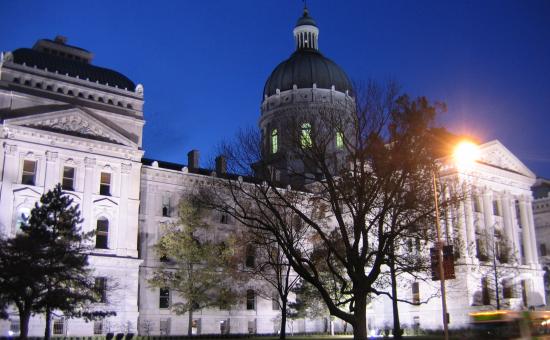Pre-K expansion bill would create pipeline for private voucher schools
01/10/2017
A bill filed Tuesday to expand access to pre-K education would create a pipeline of new students into the state’s already costly private school voucher program.
HB 1004 authored by House Education Committee Chair Rep. Bob Behning (R – Indianapolis) would allow students who receive a pre-K grant created under the bill to automatically become eligible for a school choice scholarship for grades K – 12.
The bill would also increase the current income eligibility requirements for Indiana’s preschool program from 100 percent of poverty to 150 percent of poverty, mirroring the K – 12 voucher baseline guidelines and to subsidize through tax dollars more families with higher incomes. The bill would then provide for automatic K – 12 voucher eligibility if the family has an income of at least 200 percent of poverty.
ISTA has a long history of supporting early childhood education, but not an expansion of the private school voucher program.
Indiana’s controversial private school voucher program has grown to a record cost of $131 million, operating at a loss of $53 million.
A majority, 52 percent, of voucher recipients never attended a public school prior to getting a voucher — meaning taxpayers are paying for families who were likely already going to attend private schools.
At a time when many local community public schools are being forced to cut budgets, we should not be spending taxpayer dollars to expand private school entitlement programs.
Currently, more than 90 percent of students attend community-based public schools. Let’s get serious about resourcing our neighborhood public schools so those students have the support they need, more one-on-one attention, inviting classrooms and a well-rounded curriculum.
